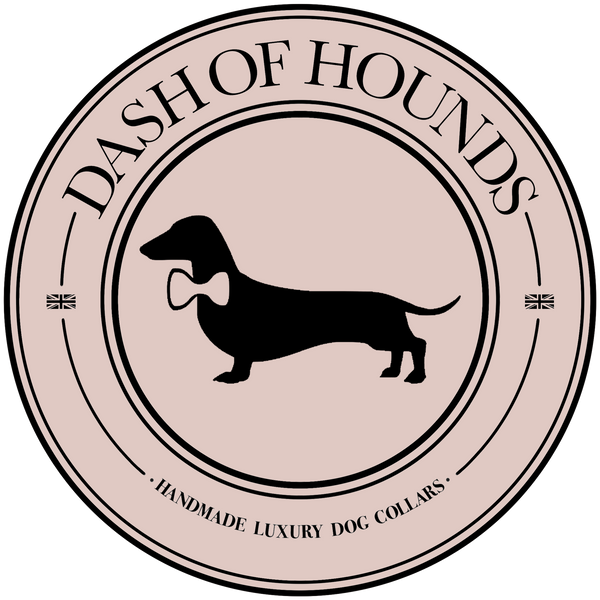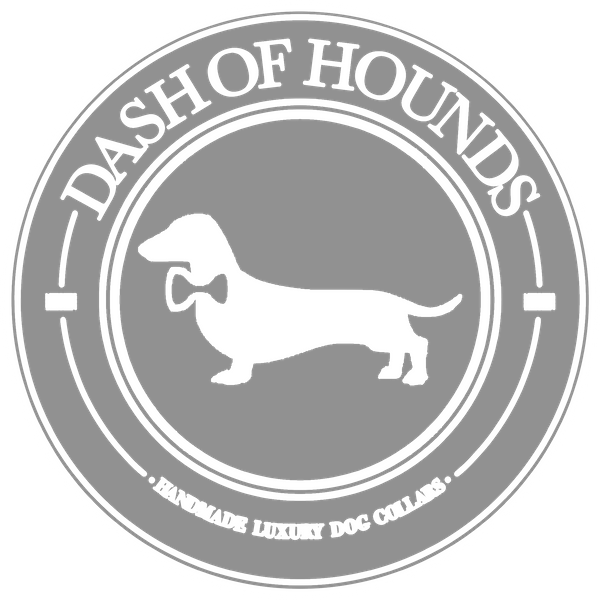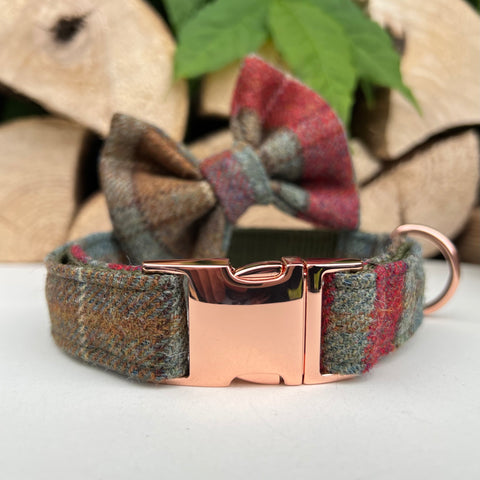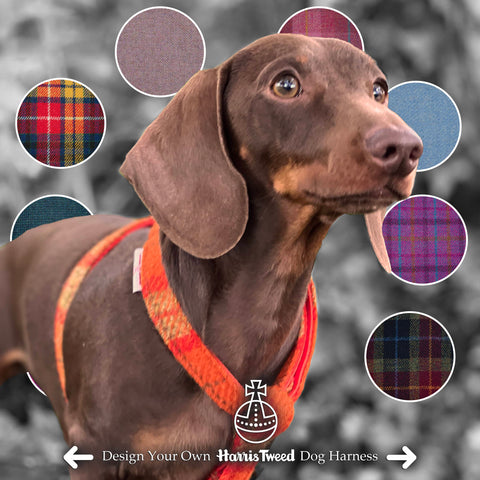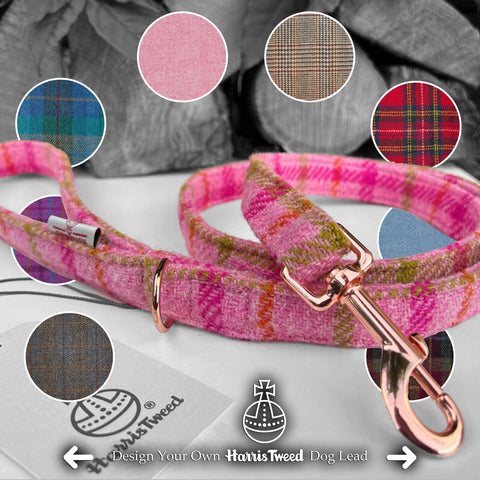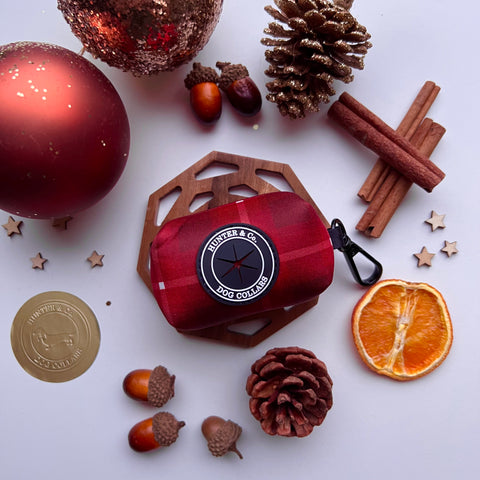Cold Weather
Antifreeze
Frostbite
Hypothermia
Road Grit Salt
Road grit and salt can also be tough on your dog's paws. Keep walks short and consider using dog booties to protect their paws from the cold and salt. Regularly wash and dry their paws to remove the salt, and check for any signs of irritation or cracking.
Frozen Lakes
Dangers of the Dark
Darkness comes early in the winter, and it can be difficult for both you and your dog to see and hear. Keep them on a leash during walks and be aware of your surroundings to keep them safe. A reflective collar or leash can also help increase visibility.
Rat and Mouse Poison
Rat and mouse poison is another danger to be aware of in the winter. These poisons are often used to control rodent populations, but they can be toxic to dogs if ingested. Keep these products out of reach of your dog, and be aware of the signs of poisoning, which include vomiting, diarrhoea, and blood in the urine.
Arthritis
Arthritis is a common condition in older dogs, and the cold weather can make it worse. If your dog has arthritis, be sure to provide them with a warm and cozy place to sleep, and talk to your vet about treatment options.
Winter Weight Gain
Finally, winter weight gain is also a concern for dogs. Less exercise and more time indoors can lead to weight gain, which can put extra stress on joints and other health issues. To prevent weight gain, be sure to provide your dog with regular exercise and a healthy diet.
By being aware of these winter dangers and taking steps to protect your dog, you can help ensure that they stay safe and healthy during the colder months. So enjoy the snow and cold weather with your furry friend, but always be aware of the potential hazards.
